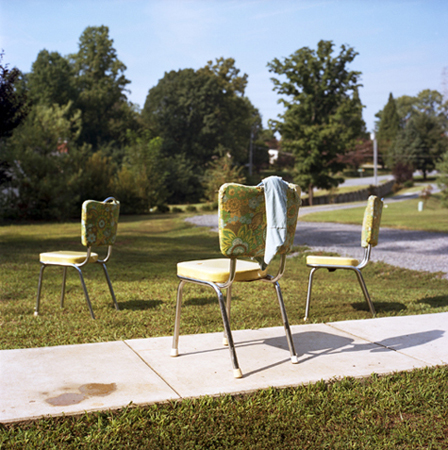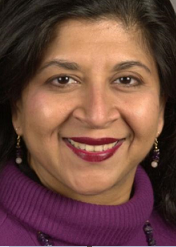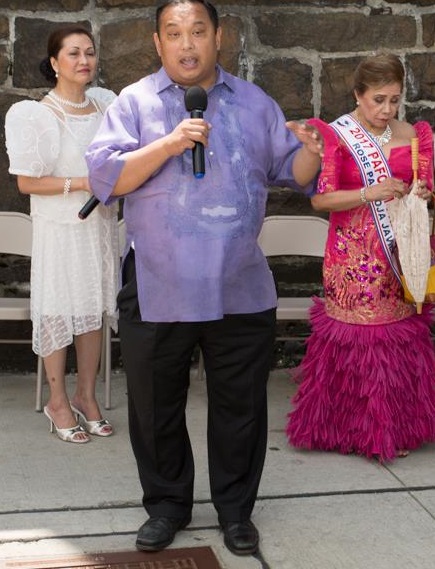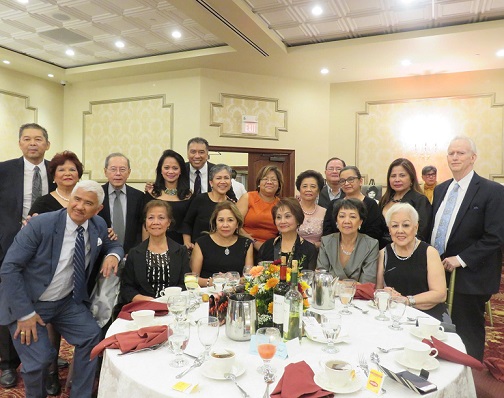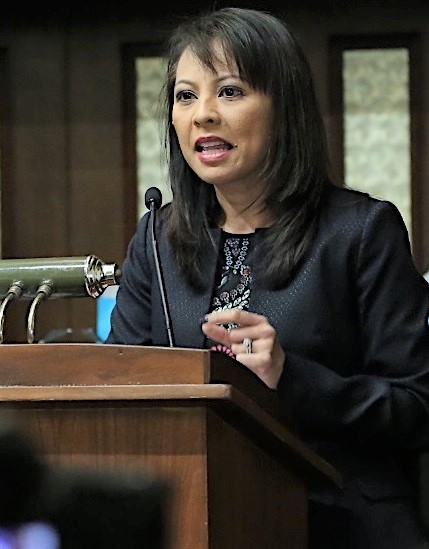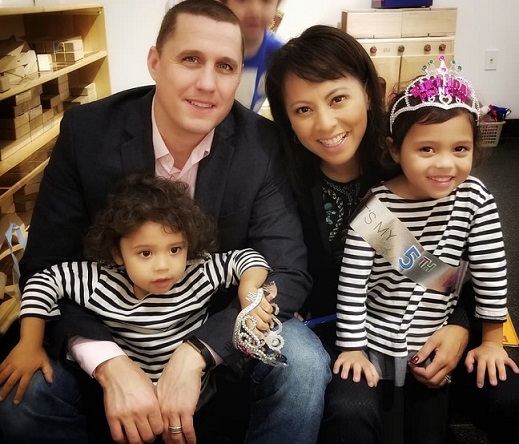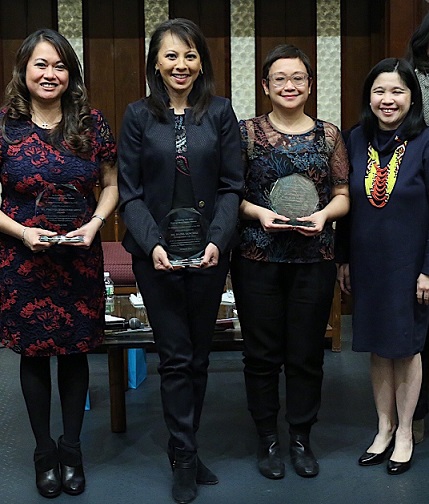CBS reporter Hazel Sanchez: Learning resilience from her 5-year-old daughter
By Cristina DC PastorThe brown girl on the nightly news is very pretty. She reports in a clear, pleasant voice. Wonder who she is?
I’ve heard this comment from a couple of friends describing Hazel Sanchez, general assignment reporter for WCBS-TV, before they knew her name. Hazel, 46, introduced herself to the community at a Philippine Consulate event on March 12 honoring three Distinguished Filipino Women for 2018.
She began her story recalling dismaying racial episodes as she was growing up in the small town of Bourbonnais, Illinois. How she was made fun of as a kid and asked if her family slept on tanning beds, how she was made to feel different because her Filipino family was in the minority in their town.
“I remember a time, when I was 6 years old I used to rub my skin real hard in the bathtub thinking I could wash off my skin color,” she began her narrative wracked with emotion.
Until her father told her a tale that was supposed to make her feel better: How brown people are supposed to be God’s perfect creation because they are neither undercooked (white people) nor burnt to a crisp (black people). She derived some confidence from that fiction and grew up thinking she was born to the “perfect” race.
In college, she remembered attending a mostly-white house party, where a classmate called out in a loud voice, ‘Hey who’s that brown girl?’ She felt humiliated, but with her father’s story echoing in her mind, she said to herself, “I am perfect in God’s eyes. I am this beautiful brown loaf of bread.”
Growing into adulthood, Hazel said she was so proud of her Filipino roots.
Prouder still of her parents who worked diligently and made the ultimate sacrifice. Her parents completed their education in the Philippines. Her father, Manuel Sanchez, became an anesthesiologist, and her mother, Carlota Sanchez, a nurse. The couple left behind Hazel’s two older sisters when they were babies as they moved to the U.S. When they were able to save enough money, they gathered everyone and made a life in Illinois.
“Mom and dad both came from purely nothing. But they looked past the challenges of poverty and they focused,” she said, stressing how their persistence as parents gave her the opportunity to be college-educated and pursue a career as a television journalist.
She graduated with a B.A. in broadcasting and electronic communications from Marquette University in Milwaukee, WI. She worked as a news cut-in anchor for a Milwaukee station after college. She would later join WBAY-TV Green Bay, hosting “Teen Connection” a live, hour-long show for Wisconsin Public Television. She also hosted a number of the station’s award-winning documentaries.
She has been with CBS for 18 years now reporting and occasionally reading the news.
“I wanted to be a broadcast journalist,” she told the consulate audience. “That’s literally what I wrote in my grade school journal. I was just 10 years old, and that was my life goal before I even hit puberty.”
Heartbreaking
Hazel’s memory of racial exclusion brings up the story of her older daughter Avery, 5.
Avery attends a faith-based theatre program where she is the only child of color. Hazel said the children don’t talk to her daughter, which worries — and angers — her and her husband Peter Rapciewicz. (They have another daughter Kenzie, who is 3.)
“When she told me, Mommy nobody talks to me. They talk to each other, they just don’t talk to me. It killed me,” said Hazel breaking into tears. “It’s 2018 and my 5-year-old is already experiencing that kind of isolation.”
Despite being treated differently, Avery insisted on staying in the program where she said she could continue to sing and dance.
“And that is all that mattered to her. It doesn’t matter how you are treated as long as you are who you are. If you are true to your soul and you’re dedicated to your passion, you can get through anything. And that was a lesson taught to me by my 5-year-old daughter, to be resilient,” she said.
© The FilAm 2018


